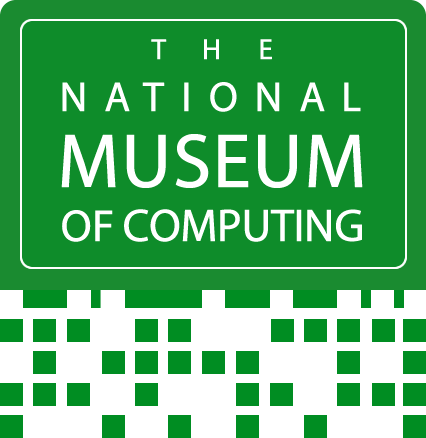New research fellow at TNMOC wins prestigious prize for Colossus research
/New research fellow at The National Museum of Computing wins prestigious prize for Colossus research
Dr Mark Priestley has been appointed research fellow at The National Museum of Computing on Bletchley Park. His work, which will focus on the early days of computing and the development of programming, has recently won him a prestigious history prize for his paper on the programmability of Colossus.
As a researcher of the history of computing, Priestley’s interests have included the early development of programming languages, the 1940s archives of the ENIAC computer and the work of John von Neumann and his collaborators. He is currently focusing on the 1940s Colossus code-breaking machine bringing to light previously overlooked aspects of its development, operations and impact through research of little studied archives and interviews with surviving Colossus veterans. In October, Priestley won the 2019 Bernard S Finn History Prize for his article “Colossus and Programmability” recently published in the IEEE Annals of the History of Computing.
In welcoming Mark Priestley to the museum, chairman of trustees Andrew Herbert said, “This is our first appointment of a research fellow and demonstrates the rapid maturing of our relatively young museum. Mark’s work is already giving us new and fascinating insights of the early days of computing and such information is being eagerly absorbed by our tour guides and incorporated into our very popular Learning Programme for schools and colleges.
“This year Mark has made a very significant contribution to the history of Colossus by getting under the skin of a well-known story and showing the intense pressure and challenges of the people using the machine and how they strove to optimise the use their new technology at a time of crisis. We look forward to more such revelations from Mark that will extend our knowledge of our unrivalled collection of original and reconstructed machines that trace the development of our digital world.”
Priestley holds a BA in mathematics and philosophy from Oxford University, an MSc in database and information systems from Birkbeck College and a PhD on logic and the development of programming languages. He has worked as a programmer analyst and as head of department in computing and software engineering at the University of Westminster. He has authored several books and many papers on the history of computing.
Notes To Editors
About The National Museum of Computing
Now fully open Tuesdays to Sundays, 10.30 am to 5.00 pm.
The National Museum of Computing, located on Bletchley Park in Block H, one of England’s ‘irreplaceable places’, is an independent charity housing the world's largest collection of functional historic computers, including reconstructions of the wartime code-breaking Colossus and the Bombe, and the WITCH, the world's oldest working digital computer. The Museum enables visitors to follow the development of computing from the ultra-secret pioneering efforts of the 1940s through the large systems and mainframes of the 1950s, 60s and 70s, and the rise of personal computing in the 1980s and beyond.
The Museum runs a highly successful Learning Programme for schools and colleges and promotes introductions to computer coding amongst young people to inspire the next generation of computer scientists and engineers.
Sponsors of the Museum have included Bletchley Park Science and Innovation Centre, Fujitsu, InsightSoftware.com, Paessler AG, Sophos, Issured, Lenovo, Bloomberg, Ocado Technology, Ceravision, CreateOnline, 4Links, Google UK, IBM, NPL, HP Labs and BCS.
For more information, see www.tnmoc.org and follow @tnmoc on Twitter and The National Museum of Computing on Facebook.
Media contact
Stephen Fleming, Palam Communications
01635 299116
s.fleming@palam.co.uk



